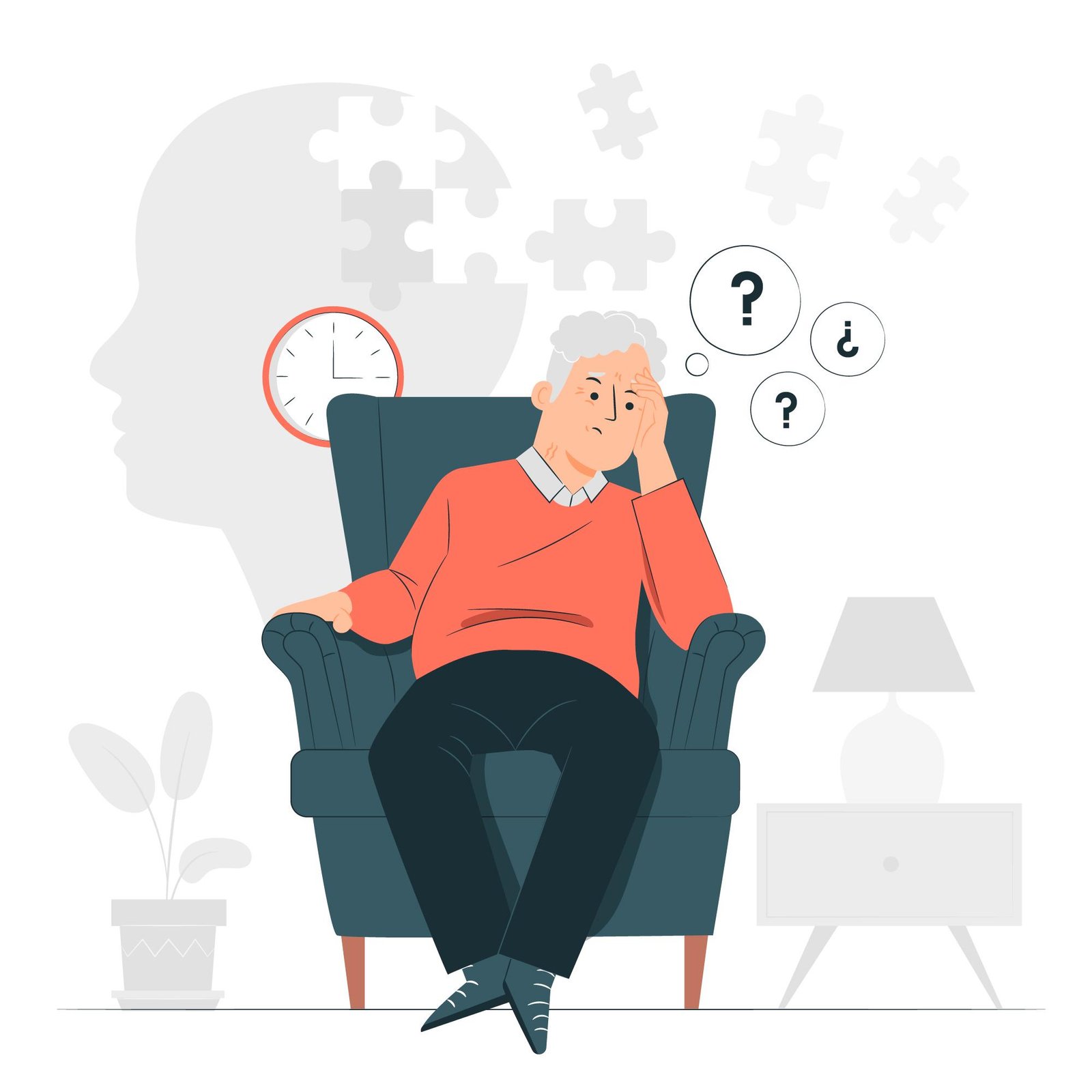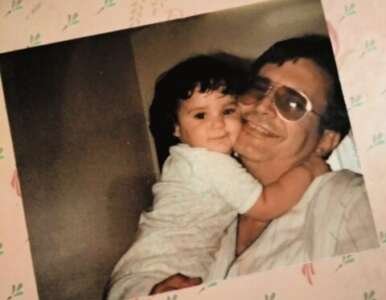Since I was little, I heard from my dad, who was a doctor (Associate Professor of Cardiology Andreas P. Michaelides) about diseases related to memory loss, such as dementia & Alzheimer's.
But at the time, I didn't know that they are psychologically damaging illnesses that require patience, strength, and a strong stomach to deal with.
Before I record my experience with dementia as a Nursing Assistant in the specialty of Special Diseases (Neurology-Psychiatry), but also as the primary caregiver of a person suffering from this condition, let's take a look at what dementia is.
"OR dementia is a syndrome characterized by a decline in cognitive functions. The patient with dementia presents with problems in memory, attention, concentration, speech and thinking, resulting in various difficulties in his daily, professional and social life." (source: onmed.gr) of course, for more information you can search the internet or even better, talk to a Neurologist who will answer your questions.
The issue of dementia is not treatable as there are currently no medications that cure the disease, but there are medications that simply help prevent the disease from progressing rapidly.
I will describe my own experience to you as I believe that personal stories bring us a little closer:
As a Nursing Assistant:
At the hospital where I did my internship & training, as well as at the school where I studied, we dealt a lot with neurological & psychiatric diseases.
Most of my elderly patients suffered from dementia either in an advanced stage or in the early stages.
It was very painful to see patients suffering, not recognizing their loved ones, or refusing food.
It was even more difficult when a patient had aggressive behavior due to the disease & we simply had to try to calm them down.
Painful, of course, for the relatives who couldn't help them as much as they would have liked, who cried because their own person didn't recognize them or spoke badly to them.
However, the patient is not to blame for this behavior, but rather the disease that brings him to this state.
As a Primary Caregiver :
When my dad was diagnosed with dementia, the truth is that I lost the ground under my feet. It was very difficult to deal with it as I know the progression of the disease.
For years now, I have been doing everything I can to help my dad have a good quality of life.
I try to be calm & strong, because dementia requires a strong stomach to face it.
From the caregiver's perspective, psychological fatigue & emotional impasse are what make you feel like you can't take it anymore.
Time essentially stops and freezes the moment you are told that your loved one is suffering from dementia.
One of my biggest fears is that my dad will someday forget me & not recognize me & that's because he had an incredible weakness for me just as I have for him.
Things are difficult but we never give up!
I could write you a long story about how I get on as a caregiver, but it's really a big conversation that will never end.
What should a Nursing Assistant do to help both the patient and the relative:
- For the patient:
1. We never go against him, we always try to talk to him calmly
2. If he doesn't want to eat at that moment, we don't force him, but we try to feed him later.
3. If he has hallucinations or expresses fears & concerns, we try to reassure him.
4. We take care that he does not leave the clinic, does not fall out of bed, does not hit anything
5. If he is generally confused, we report it to the doctor who is attending to him.
- For the relative:
1. We are there for them for support & if they need any help with bathing, feeding & taking medication
2. We reassure them so that they do not transfer their concerns to the patient
3. We ask them not to get angry with the patient when they cannot communicate well with them
4. We inform them that they should seek help from the doctor who is treating their loved one, and if they feel the need for psychological support, they should seek help from a specialist themselves.
What should the caregiver do:
- For the patient:
1. Frequent communication with the doctor who is treating him/her
2. Attempting to calm the patient whenever he is confused
3.Care & good quality of life
- For himself:
1. Psychological support from specialists if he really needs it
2. Help from third parties so that the caregiver can get a little rest from all this as much as possible
3. Not to get angry at the slightest thing
Of course, there is a lot that a Nursing Assistant or Caregiver can & should do, which you can search for in relevant articles on the internet.
We always, always remember that we must seek the help of specialists, as well as contact special Dementia & Alzheimer's Disease centers, which provide useful information about the diseases, as well as all kinds of help & support.
I hope, like all of us, that the medicine that will cure dementia will finally be found, as it is very difficult to see your loved one unable to take care of themselves or unable to remember who you are.
Finally, we never give up, we smile truly even in our most difficult moments, because we deserve it & because it suits us!!!



